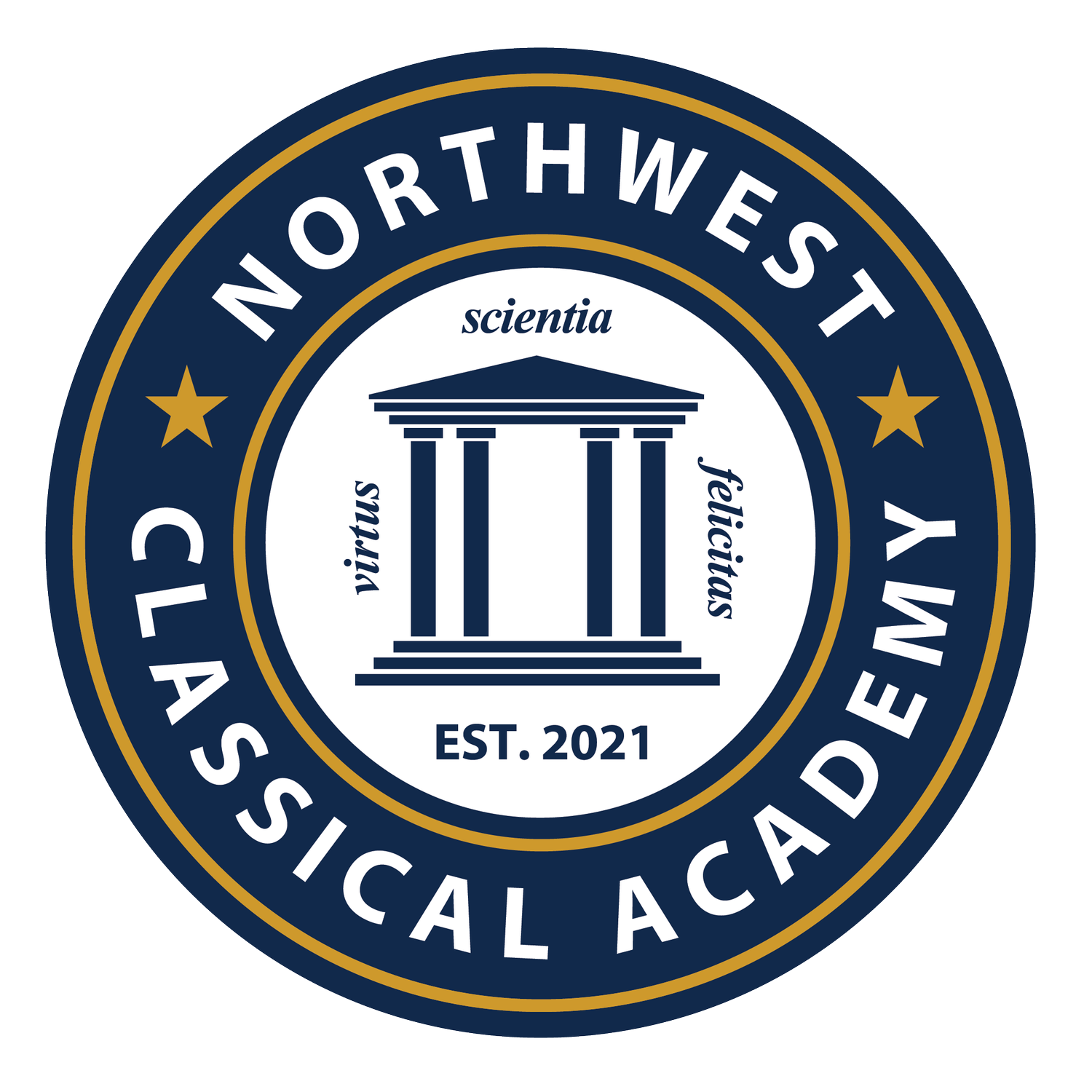What is Classical Education?
Classical education prepares young men and women to live well in freedom and independence. Classically-trained students will be well-qualified for future studies in law, medicine, business, engineering, technology, theology or any other professional or vocational pursuit. Young graduates who are able to use their knowledge of the past to make good decisions in the present, and to plan wisely for the future, will be in high demand and prepared to flourish in whatever they choose to pursue.
Classical education requires teachers who are trained in academic disciplines and who are skilled at guiding students on their education journey, not just conveying information. A dedication to the student along with subject-matter expertise is required.
Classical education is delivered in three stages - grammar, logic, and rhetoric. While each stage focuses on different skills, all skills are incorporated throughout a student’s education. Below is a brief explanation of each stage.
Grammar | K-5 Throughout the grammar stage, children learn the facts of each subject. Every subject is built on factual information from phonics to times tables to the periodic table. This foundation prepares students to think critically and communicate well in the future.
Logic | 6-8 In the logic stage, students learn to think critically, analyze information, and begin arranging facts into organized statements and arguments.
Rhetoric | 9-12. Students who have learned the facts of a subject, developed the ability to ask good questions, and formulate arguments are ready to focus on communicating those thoughts and evidence to others.
A classical education ultimately produces students whose hearts and minds are focused on the good, the true, and the beautiful and who are able to reflect these things into the world around them.
Please visit any of these sites for more information on classical education.
Literacy Essentials - Resource for parents to learn about the Literacy Essentials program
What is a charter school?
A charter school is a tuition-free, non-selective, independently run public school granted greater flexibility in its operations in return for greater accountability for performance. They have the freedom to use their own curriculum and teaching methods, manage their own finances, hire their own teachers, set their own calendar, etc. In exchange for this flexibility, charter schools must demonstrate performance in the areas of academic achievement, financial management, and organizational stability. These metrics are outlined in the “charter,” which is essentially a contract between the leadership of the school and the authorizer– usually a nonprofit organization, government agency, or university. In addition, charter schools operate with fewer dollars per student, and state charter schools like NCA do not receive funding through local tax-revenue.


